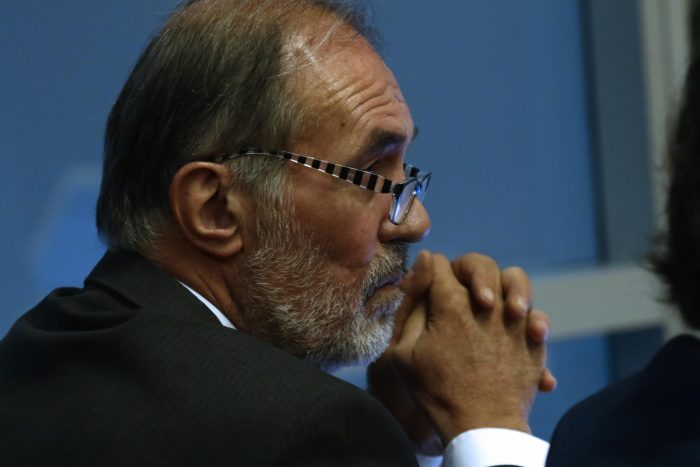
This article first appeared in El Mostrador on April 28, 2021.
We recently learned the sentence of the Third Oral Court for the Corpesca case, where the former parliamentarians Jaime Orpis and Marta Isasi were convicted for the crimes of bribery and tax fraud, after receiving millions of dollars from Corpesca S.A., in exchange for favoring the company and defending its interests. Who was behind these efforts was the then general manager of the fishing company, Francisco Mujica, who was convicted in 2018 for bribery and tax crimes, agreeing to a remitted sentence and a fine of $60 million.
And, although the most striking thing about this sentence is that Orpis could be the first politician to go to jail for irregular financing of politics, it is worth zooming in on the responsibility of Corpesca, beyond its then general manager.
Corpesca was convicted for its criminal liability as a legal entity in the crime of bribery. Although Francisco Mujica was the visible face of the crimes, who bribed and exercised his power from the shadows to obtain profits on behalf of the fishing company, these would not have been possible if there had been real control in the prevention of crimes by the company. In other words, the general manager’s conducts were a consequence of Corpesca’s failure to comply with the duties of supervision and direction, as the judge indicated in the sentence.
All this occurred even though the company had a Crime Prevention Model approved by the board of directors, which only appeared on paper since it was even determined that the person in charge of reviewing compliance with this program did not have the autonomy to supervise Mujica nor the scope over the board of directors and the rest of the senior executives. In effect, Mujica was able to authorize more than 80 false invoices linked to Orpis that had been questioned, demonstrating that the orders of the general manager were complied with without objection.
And just as it was proven that the company had a weak commitment to legality and a board of directors incapable of being supervised and of supervising its prevention model, it was determined that the crimes charged were carried out in the interest and to the benefit of the company.
Because of this, it is worth remembering that the role of boards of directors is transcendental in organizations, not only in terms of directing and meeting the expectations of the business but also in promoting good practices, mitigating risks, and creating a culture of integrity, where not everything goes to achieve good results.
In this context, it is striking that Corpesca, in the face of this great corruption scandal, has not been energetic in publicly condemning the facts nor has it made known what measures it was taking to mitigate the reputational damage, as CMPC did when the “comfort collusion” became known, who at least made changes in its board of directors, which even involved the departure of its president, Eliodoro Matte.
Along the same lines as the sentence, which emphasized the failures of the board in its supervisory and management duties, a report by Sofofa’s ethics commission indicated that the company still exhibits gaps in the transparency of its corporate governance. For the same reason, it would have been expected that Corpesca would have made changes in its board, but, on the contrary, some of the directors who were on the board in 2013, when the scandal was uncovered, and even its current CEO, Felipe Zaldívar, was a director at that time, are still in place. It is also questionable that Francisco Mujica is currently the general manager of one of the companies of the same holding.
We learned some good news a few days ago, precisely from Zaldívar, who said that Corpesca will not challenge the sentence imposed by the court and that its efforts are focused on a new stage, strengthening its governance and its crime prevention model, which I hope will be successful.
It is worth insisting that it is not enough to comply with the law and implement compliance programs if there is no real conviction of a change of culture in the companies, which must come from the top, from the boards of directors. Nor is it enough to remove the “bad apples” from the organization and not look inward, because the cases do not end when the visible face of corruption is condemned and we forget about those who did not foresee this happening. It is precisely compliance that seeks to make companies question what they are doing to ensure that events such as those described do not occur.
Eradicating corruption also has to do with signals. One of them is that the corrupt must be isolated and not treated with kid gloves depending on who they are, because the only consequence of that is that we end up normalizing behaviors that should be eliminated, and companies must set an example.
By Susana Sierra














